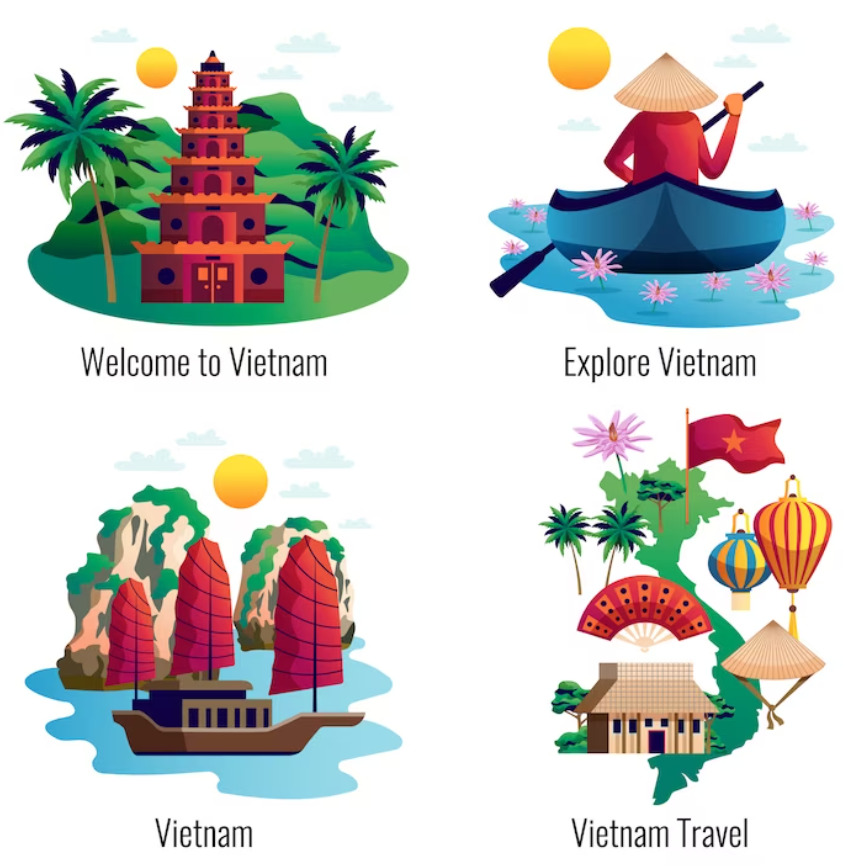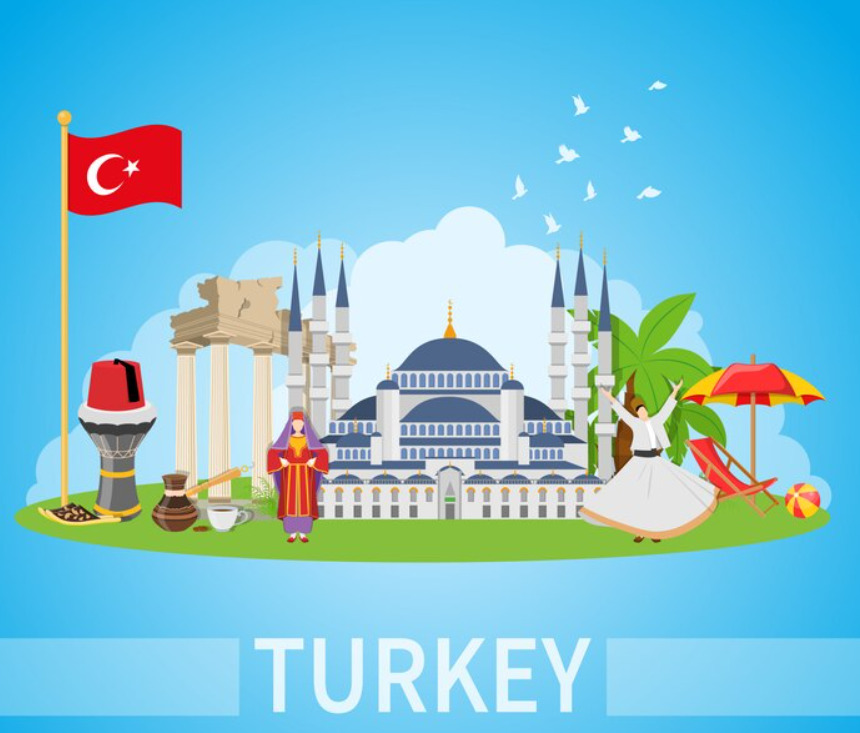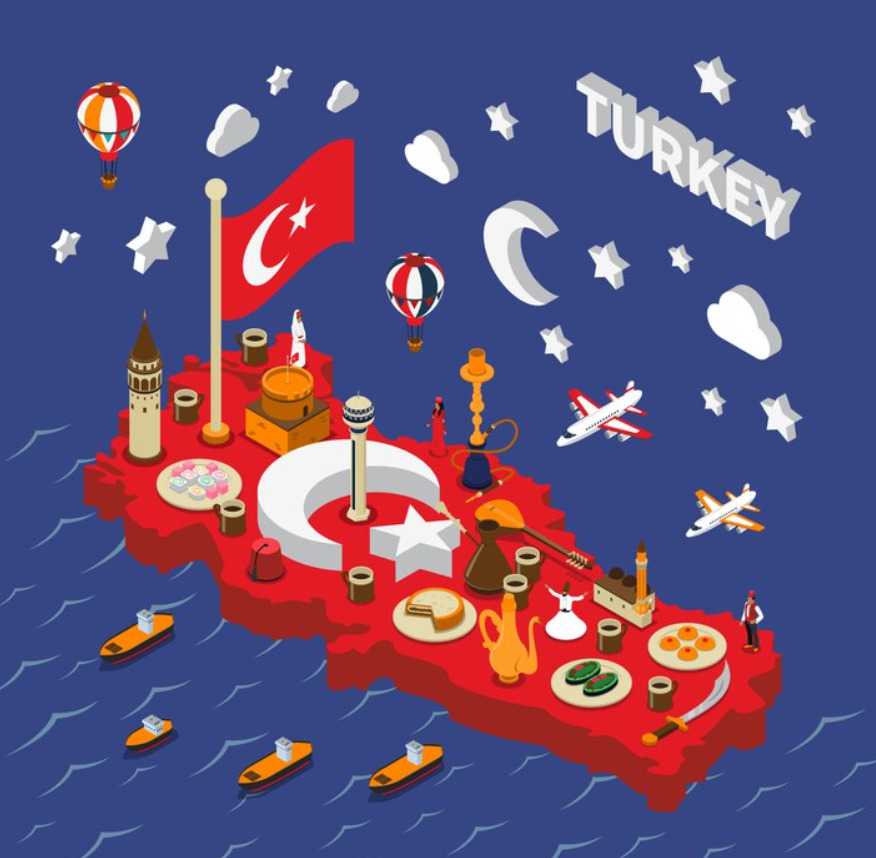As we embark on the new year of 2024, it’s essential to plan ahead and make the most of the public holidays and day off that the United Arab Emirates (UAE) has to offer. The UAE is known for its rich cultural heritage, and Public Holidays In UAE celebrates a variety of religious and national holidays throughout the year. These holidays and days off not only provide a break from the daily grind but also offer an excellent opportunity to explore the diverse traditions and cultures that make up this vibrant nation. In this article, we’ll provide you with a comprehensive guide to the public holidays and suggested days off in the UAE for 2024.
Public Holidays In UAE
Islamic Holidays
1.New Year’s Day (Hijri New Year) – 1st Muharram (Islamic Calendar) – January 1, 2024:
- The Islamic New Year marks the beginning of the lunar Islamic calendar. It’s a day for reflection and is often observed with prayer and spending time with family.
2.Prophet Muhammad’s Birthday (Mawlid al-Nabi) – 12th Rabi’ al-Awwal – March 2, 2024:
- This holiday commemorates the birth of the Prophet Muhammad and is a day of prayer, reflection, and charity.
3.Isra and Mi’raj (Ascension to Heaven) – 27th Rajab – April 7, 2024:
- Isra and Mi’raj commemorate the night journey and ascension of the Prophet Muhammad. It’s a day of special prayers and religious reflection.
4. Eid Al Fitr Holiday (End of Ramadan) – Shawwal 1-3 – April 24-26, 2024:
- Eid al-Fitr is a joyous occasion marking the end of Ramadan, the holy month of fasting. It’s a time for communal prayers, feasting, giving to charity, and spending time with loved ones.
5.Arafat Day – 9th Dhu al-Hijjah – July 10, 2024:
- Arafat Day is a significant day during the Hajj pilgrimage when pilgrims stand at Mount Arafat in prayer and supplication.
6.Eid al-Adha (Festival of Sacrifice) – 10th Dhu al-Hijjah – July 11, 2024:
- Eid al-Adha commemorates the willingness of Prophet Ibrahim (Abraham) to sacrifice his son Isma’il (Ishmael) as an act of obedience to God. It involves the sacrifice of an animal and is a time for family gatherings and charity.
National Holidays
7.Martyrs’ Day – November 30, 2024:
- Martyrs’ Day is a day to honor the Emirati soldiers who sacrificed their lives for their country. It’s a time for reflection and paying tribute to the nation’s heroes.
8.National Day – December 2-3, 2024:
- The UAE National Day celebrates the union of the seven emirates on December 2, 1971. This holiday is marked by spectacular fireworks, parades, cultural events, and a strong sense of national pride.
9.Commemoration Day – December 1, 2024 (Observed):
- Commemoration Day is a day to remember and honor the country’s fallen soldiers. It is observed on December 1st but is often combined with the National Day celebration.
Suggested Days Off
In addition to the official public holidays, it’s common for employers in the UAE to provide their employees with a few additional day off during the year. These day off are typically announced by the government closer to the date and may vary from one organization to another. It’s advisable to check with your employer or HR department for specific information about these additional day off in 2024. Day off can be used to track vacations and public holidays for employees.
Conclusion
2024 promises to be a year filled with opportunities to celebrate and reflect on both religious and national occasions in the United Arab Emirates. Whether you’re a resident or a visitor, these public holidays and suggested day off offer a unique chance to immerse yourself in the rich culture, traditions, and values of the UAE. Plan your year accordingly, and make the most of these special days to create lasting memories with your loved ones while experiencing the warmth and hospitality of this remarkable nation.









